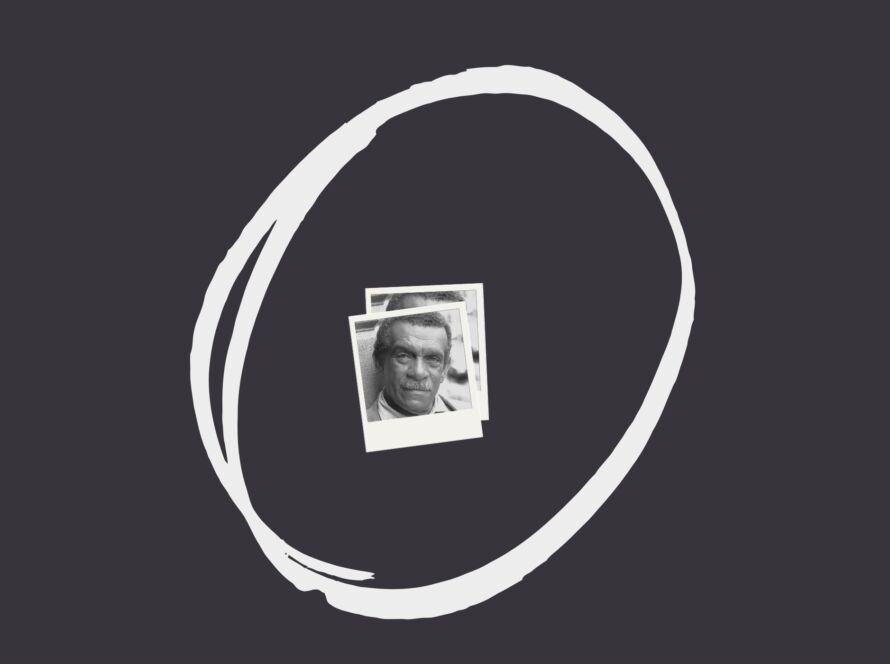Ida B. Wells, born on July 16, 1862, in Holly Springs, Mississippi, was a pioneering journalist, suffragist, and civil rights activist. Throughout her life, Wells tirelessly fought against racial injustice, gender inequality, and the horrors of lynching, leaving an indelible mark on American history.
Wells’ activism began at a young age when she refused to give up her seat in a segregated train car, years before Rosa Parks would make a similar stand. As a journalist, Wells used her writing skills and fearless reporting to shed light on the injustices faced by African Americans in the post-Civil War era. She co-owned and wrote for the Memphis Free Speech and Headlight newspaper, fearlessly exposing the brutal realities of lynching and advocating for racial equality.
Wells’ passionate activism against lynching catapulted her into the national spotlight. Following the lynching of her friends in Memphis, she dedicated herself to documenting and raising awareness about these horrific acts of racial violence. Wells traveled extensively, delivering powerful speeches and distributing pamphlets to expose the systemic racism perpetuated through lynching. Her research and advocacy laid the foundation for the anti-lynching movement and became a catalyst for change.
Wells recognized the intersections of race and gender oppression and actively advocated for women’s rights. She co-founded the National Association of Colored Women and fought for African American women’s suffrage, challenging the exclusionary practices of predominantly white suffrage organizations. Wells understood that true equality required dismantling the barriers faced by both African Americans and women.
Ida B. Wells’ relentless pursuit of justice and equality made her a formidable force in the fight against racial discrimination. Her fearless activism challenged the status quo and paved the way for future generations of civil rights leaders. Wells’ writings and speeches, including her seminal work “Southern Horrors: Lynch Law in All Its Phases,” continue to inspire and educate readers today.
Although her contributions were often overlooked during her lifetime, Ida B. Wells’ legacy has been rightfully acknowledged in the annals of history. She remains an iconic figure in the struggle for civil rights and social justice. Her bravery, intelligence, and unwavering commitment to equality serve as a beacon of hope and a reminder of the ongoing fight for racial and gender justice.
Ida B. Wells’ impact on American society cannot be overstated. Her unwavering dedication to truth, justice, and equality inspired generations of activists and set a powerful precedent for challenging systemic racism and gender discrimination. Wells’ legacy serves as a powerful reminder that one individual’s courage and conviction can ignite movements and bring about meaningful change. Her remarkable contributions continue to inspire and empower individuals in the ongoing quest for justice and equality.
The South resented giving the Afro-American his freedom, the ballot box and the Civil Rights Law.
Ida B. Wells
What becomes a crime deserving capital punishment when the tables are turned is a matter of small moment when the negro woman is the accusing party.
Ida B. Wells
Thus lynch law held sway in the far West until civilization spread into the Territories and the orderly processes of law took its place. The emergency no longer existing, lynching gradually disappeared from the West.
Ida B. Wells
There is nothing we can do about the lynching now, as we are out-numbered and without arms.
Ida B. Wells
The white man’s dollar is his god, and to stop this will be to stop outrages in many localities.
Ida B. Wells
The South is brutalized to a degree not realized by its own inhabitants, and the very foundation of government, law and order, are imperilled.
Ida B. Wells
The people must know before they can act, and there is no educator to compare with the press.
Ida B. Wells
The only times an Afro-American who was assaulted got away has been when he had a gun and used it in self-defense.
Ida B. Wells
The nineteenth century lynching mob cuts off ears, toes, and fingers, strips off flesh, and distributes portions of the body as souvenirs among the crowd.
Ida B. Wells
The negro has suffered far more from the commission of this crime against the women of his race by white men than the white race has ever suffered through his crimes.
Ida B. Wells
The mob spirit has grown with the increasing intelligence of the Afro-American.
Ida B. Wells
The city of Memphis has demonstrated that neither character nor standing avails the Negro if he dares to protect himself against the white man or become his rival.
Ida B. Wells
I had an instinctive feeling that the people who have little or no school training should have something coming into their homes weekly which dealt with their problems in a simple, helpful way… so I wrote in a plain, common-sense way on the things that concerned our people.
Ida B. Wells
The white man’s victory soon became complete by fraud, violence, intimidation and murder.
Ida B. Wells
The appeal to the white man’s pocket has ever been more effectual than all the appeals ever made to his conscience.
Ida B. Wells
Although lynchings have steadily increased in number and barbarity during the last twenty years, there has been no single effort put forth by the many moral and philanthropic forces of the country to put a stop to this wholesale slaughter.
Ida B. Wells
I came home every Friday afternoon, riding the six miles on the back of a big mule. I spent Saturday and Sunday washing and ironing and cooking for the children and went back to my country school on Sunday afternoon.
Ida B. Wells
If this work can contribute in any way toward proving this, and at the same time arouse the conscience of the American people to a demand for justice to every citizen, and punishment by law for the lawless, I shall feel I have done my race a service.
Ida B. Wells
In fact, for all kinds of offenses – and, for no offenses – from murders to misdemeanors, men and women are put to death without judge or jury; so that, although the political excuse was no longer necessary, the wholesale murder of human beings went on just the same.
Ida B. Wells
The Afro-American is thus the backbone of the South.
Ida B. Wells
Our country’s national crime is lynching. It is not the creature of an hour, the sudden outburst of uncontrolled fury, or the unspeakable brutality of an insane mob.
Ida B. Wells
Somebody must show that the Afro-American race is more sinned against than sinning, and it seems to have fallen upon me to do so.
Ida B. Wells
The Afro-American is not a bestial race.
Ida B. Wells
No nation, savage or civilized, save only the United States of America, has confessed its inability to protect its women save by hanging, shooting, and burning alleged offenders.
Ida B. Wells
The alleged menace of universal suffrage having been avoided by the absolute suppression of the negro vote, the spirit of mob murder should have been satisfied and the butchery of negroes should have ceased.
Ida B. Wells
Brave men do not gather by thousands to torture and murder a single individual, so gagged and bound he cannot make even feeble resistance or defense.
Ida B. Wells



